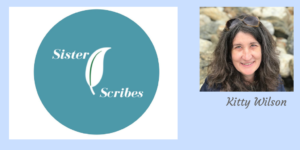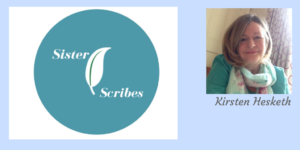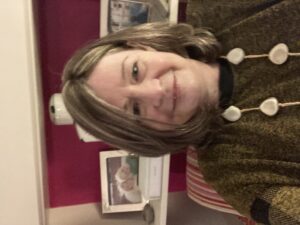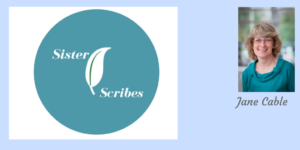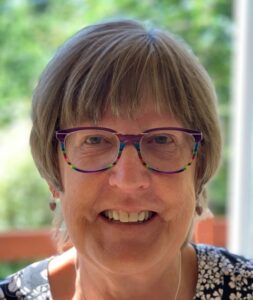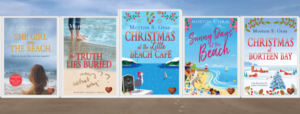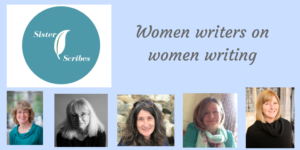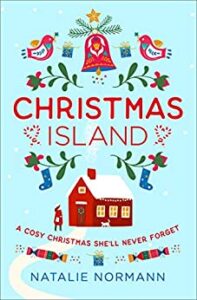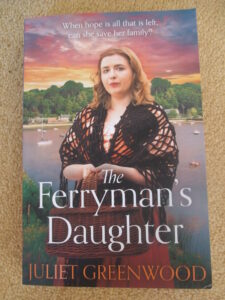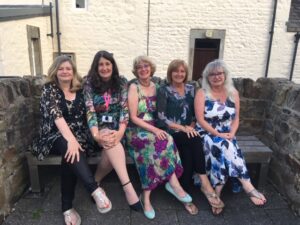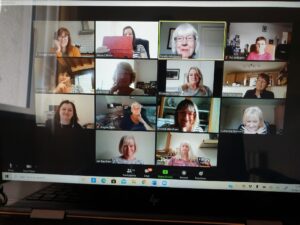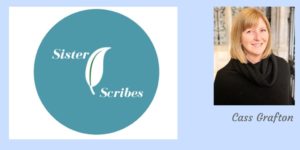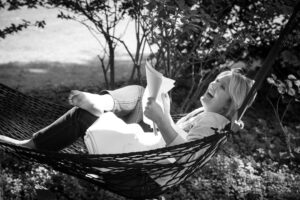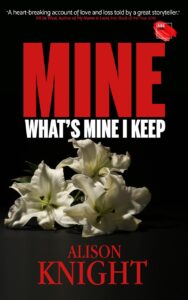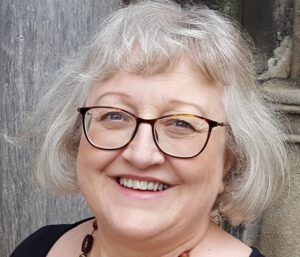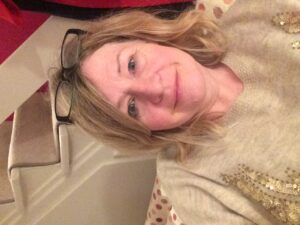As this is my last Sister Scribes post I thought I would use it to update you on where I am now in terms of my writing career and what I have learnt along the way.
When the Sister Scribes started writing for Frost I had just published my second book in The Cornish Village School series and signed a contract for three more. Truthfully, it still hadn’t sunk in that I was a published writer.
Now two years on, all five books in the series are published digitally, available on audible and the final book, Happy Ever After, will be joining the others in paperback next month. I have loved writing this series although am still a little stunned that what began as a simple experiment in my living room – writing what I knew – has taken on a life of its own and spans five books.
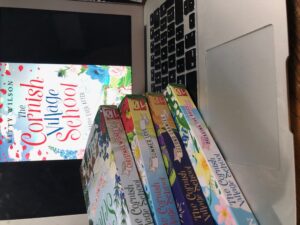 I have spent this year writing a new romantic comedy, centred around the city of Bristol where I now live. Currently I am tweaking it and don’t know what changes will be made once my editor has read it but I do know that I was worried that the strength of community I had created in Penmenna would be hard to recreate in a city. I am so pleased to have been wrong. Community is alive and well in the area in which I live, and I hope I have managed to do it justice.
I have spent this year writing a new romantic comedy, centred around the city of Bristol where I now live. Currently I am tweaking it and don’t know what changes will be made once my editor has read it but I do know that I was worried that the strength of community I had created in Penmenna would be hard to recreate in a city. I am so pleased to have been wrong. Community is alive and well in the area in which I live, and I hope I have managed to do it justice.
This book is for a different publisher with a brand-new editor and I am so excited, though I can’t tell you who just yet. The Cornish Village School had three different editors and I have learnt that each one has different ways of working, different priorities and will therefore teach you something new. Each one helps you to refine your writing and being published is the start of learning to write professionally. I think so many aspiring authors see publication as the end goal, I certainly did, but it really is a beginning rather than a finish. I feel that my writing has improved with each story and I hope it continues to do so.
There are many things I wish I had known or been more secure in with my first book. But I am forever telling my children that we aren’t born knowing how to do things, that it takes time and patience and practice and the same is absolutely true of writing. I enjoy studying the craft and think it’s important to maintain. I am currently working my way through John Truby’s The Anatomy of a Story and whilst dense it’s remarkably helpful. For those starting out I highly recommend Emma Darwin’s This Itch of Writing blog and Jessica Brody’s Save the Cat Writes a Novel. Every other profession has Continuing Professional Development at its core and I think writing should be no different.
The other thing to learn is that writing is a business. You have not been published because people want to be your friend or are being kind, you have been (or will be) published because a publisher can see potential profit. Thus, rejections aren’t personal they are professional and the same applies for contracts. Make sure you recognise your own value and don’t put your success down to others just being nice. I’m giggling as I type this because I do it all the time. Maybe I’ll get better at that one in 2021.
Merry Christmas everybody, thanks so much for supporting all of us at Sister Scribes, we’re wishing you all a very happy 2021.
Kitty x

